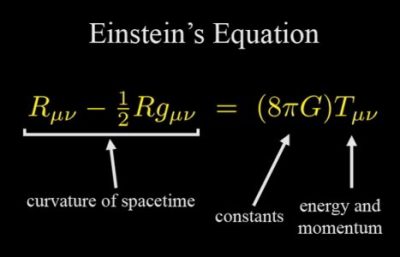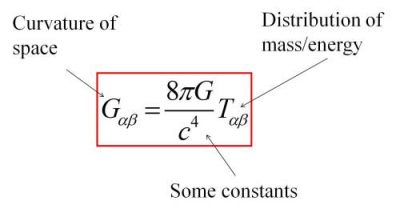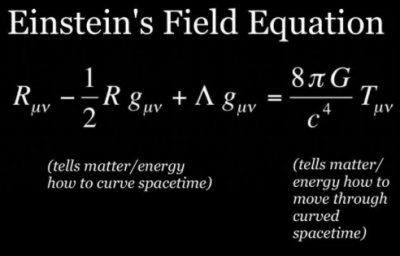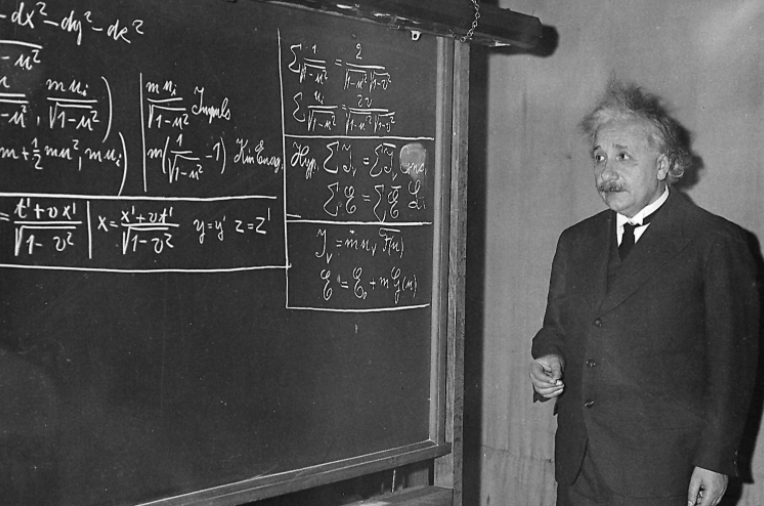 aNewDomain aNewDomain — Well, it’s Pi Day, celebrated every year on 3.14 beginning at 1.59 p.m. by geeky math-heads everywhere. Celebrants dance around Pi sculptures, wear Pi beads and recite Pi until they just do it anymore.
aNewDomain aNewDomain — Well, it’s Pi Day, celebrated every year on 3.14 beginning at 1.59 p.m. by geeky math-heads everywhere. Celebrants dance around Pi sculptures, wear Pi beads and recite Pi until they just do it anymore.
It’s usually a joyous, goofy outpouring of math love. And as part of the love, we also celebrate the birthday of Albert Einstein, who was born on this day in 1879.
But this year’s Pi Day was bittersweet because it marked the passing of acclaimed astrophysicist Stephen Hawking, who died earlier today at 75.
Our staff is busy preparing our deep dive Hawking tribute, but after some reflection, we decided that Hawking wouldn’t have wanted us to give his hero Einstein the short end of the stick on his account. So we’re keeping Einstein’s birthday as we always do: with a big, fat bouquet of formulas.
Pi Day 2018: Check Out The Ultimate Pi Trivia and Factoid Collection Here
Now let’s get to main event, shall we?
Dreaming of tensors
As usual, we’ll let the tensor kick us off. You remember this little guy from last year, right?

The tensor, you may recall, features prominently in the set of 10 equations Einstein used to describe his theory of general relativity. Here are a few of them, just for starters. Note the tensor at the left of the equivalency.

Let’s unpack it.
In the first equation, the tensor describes space-time in a geometrical sense.
But apply it to the universe and boom, that tensor now describes the extent of all universal expansion.
Heady stuff.
But let’s not neglect all the cool stuff going on at the right side of the equation. That represents the distribution of all matter and energy contained in the universe.
Good god, that’s beautiful.

I’m sure you recognize this little guy, above. It’s just a short form of Einstein’s Equation(s).
More formally known as Einstein’s field equations (EFE), it combines with nine other formulas in the set to describe the whole of Einstein’s general theory of relativity.
And it describes the interaction of gravitation that results when mass and energy bend (curve) spacetime.
But you knew that …

What I mean to say is, no collection of Pi-bearing Einstein-ian equations would be complete without the Einstein-Maxwell cosmological equation, below.
Don’t hate it because it’s beautiful. It can’t help it. It was born that way!

By the way, the below subset of that equation easily describes the curvature of space as it relates to the distribution of mass/energy.
Does anyone see a black hole in here?

Back to Einstein’s Field Equation, look at this:

We know you don’t need a refresher on any of this, but maybe someone you know could use a refresher. If so, pass them this introductory video.
I’ll be adding more formulas to our Pi Day celebration of Einstein’s birthday as the day grinds on.
And chin up. Dr. Hawking would want it that way, don’t you think?
On behalf of all of us here at aNewDomain, RobotRepublic and DeepSpaceNews.com, I’m Gina Smith in Hong Kong, wishing you well on Pi Day.













